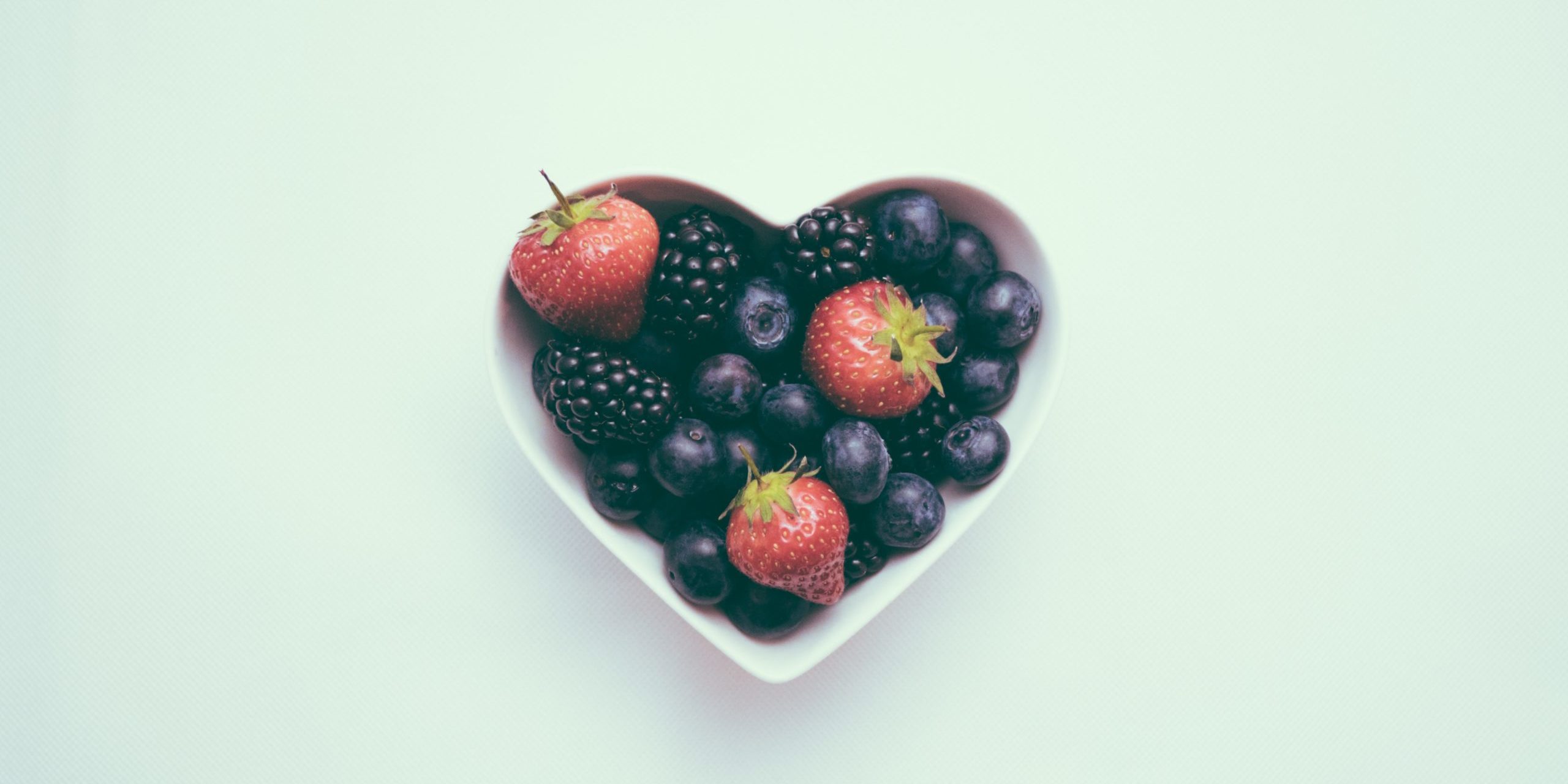 Cardiovascular disease now affects nearly half of all American adults. But did you know that one of the most powerful tools in your arsenal in the fight against heart disease is actually your fork? What you choose to eat every day plays a big role in your heart health and can impact your risk for heart disease. Here are some foods that can help you maximize your heart health:
Cardiovascular disease now affects nearly half of all American adults. But did you know that one of the most powerful tools in your arsenal in the fight against heart disease is actually your fork? What you choose to eat every day plays a big role in your heart health and can impact your risk for heart disease. Here are some foods that can help you maximize your heart health:
- Berries. Not only do they taste great, but they’re good for your heart too. Berries of all kinds contain antioxidants which help fight cell damage. Next time you’re in the produce aisle reach for the strawberries, blueberries, and raspberries. Focus on incorporating colorful fruits into your daily diet for a medley of nutrients, potent antioxidants, and fiber.
- Leafy greens. Greens such as kale, collards and spinach are rich in a combination of vitamins, minerals and antioxidants. They also contain fiber and are low in calories. In particular, greens are a great source of vitamin K and nitrates which help reduce blood pressure and protect your arteries. A general rule of thumb is, the darker the green, the more nutrients it contains. Focus on including more colorful vegetables into your meals to add more antioxidants into the diet.
- Whole grains. Whole grains include whole wheat, brown rice, oats, rye, and quinoa, among others. Compared to refined grains which are processed, whole grains are higher in fiber which can help reduce “bad” LDL cholesterol and decrease your risk of developing heart disease. When purchasing grains, make sure to check the ingredients label carefully. Look for words such as “whole grain” or “whole wheat” as opposed to “wheat flour” or “multigrain” which may not actually be whole-grain products.
- Beans. Eating legumes and beans like chickpeas, pinto beans, kidney beans, black beans, and lentils can reduce blood pressure and inflammation, which are both risk factors for heart disease.
- Fatty fish. Fish like salmon, trout, tuna, mackerel, and sardines are high in omega-3 fatty acids, which may help reduce heart disease risk factors, including lowering blood pressure, triglyceride levels and cholesterol.
- Nuts and seeds. Nuts and seeds such as almonds, walnuts, chia seed, and flax seeds are great sources of fiber and are incredibly nutrient dense. They are also a good source of heart healthy fats. Although they are high in nutrients, they are also high in calories. Focus on including a serving size portion of nuts and seeds into your diet daily.
Nicole Drepaniotis MS, RD, of the Medical Weight Management Program at Mather Hospital


